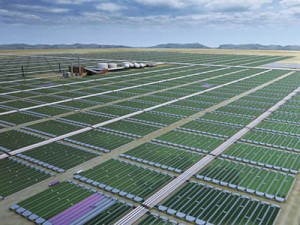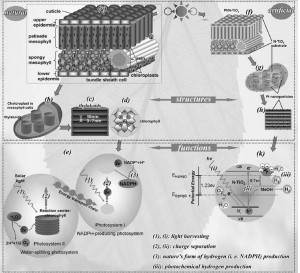An interesting event is going on in the United Arab Emirates. The McDonald stores out there are actually running their trucks using waste vegetable oil produced in their own vats. Neutral Fuels which is Dubai based had made an announcement Sunday that the company has entered a new deal which includes the conversion of vegetable oil which is found in the UAE McDonald’s outlets into 100 percent of biodiesel. This is going to help power the delivery trucks of the fast food chain all over the Gulf country.
Last year the tests for biodiesel had started and at the end of this May, they had started to produce this for the fast food giant. Karl W. Feilder who is the chairman of the Neutral Group had said that this project was exciting for them because this was a really innovative idea, which no one had ever tried out in the UAE. He also said that his excitement was because they were using a fuel which was around 50 per cent more clean that what the usual diesel is. Also it gives a very low carbon footprint since it comes from a “waste vegetable product”.

McDonalds Producing biofuel
McDonalds says that this is a small step in huge plans that it has set for the future. They are also a part of the largest environmentalist group in the Emirates i.e. Emirates Environment Group. Rafic Fakih, the partner as well as managing director of McDonalds UAE said that in the UAE McDonald’s had managed to demonstrate a passionate as well long term commitment in order to invest in the environmental initiatives as well. In the Neutral facility in Dubai, around 1 million liters of biodiesel can be produced and if there is an increase in the number of shifts then double of that amount can be produced.
But this isn’t the first time that McDonald’s is running its cars on vegetable oil. The same has been done for their outlets in England and recently in Austria. But then in the Middle East it is the very first time that any company is taking on a venture like this. This is because the Middle East is a country where people don’t really use a lot of alternative fuels because of the existing low price of fuels. The vehicles of this fast food chain are also powered using pure biodiesel.
According to Feilder the main reason for this is because they want to prove to people that to run a car completely on biodiesel, exactly no modifications are required. They also want to show how brilliant that technology is and pure McDonald’s oil is that bio diesel can be produced at the same price as you would pay for oil.

 Follow
Follow




